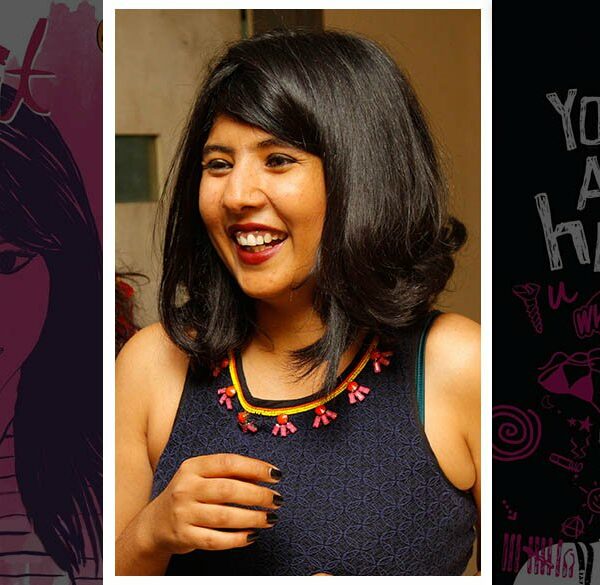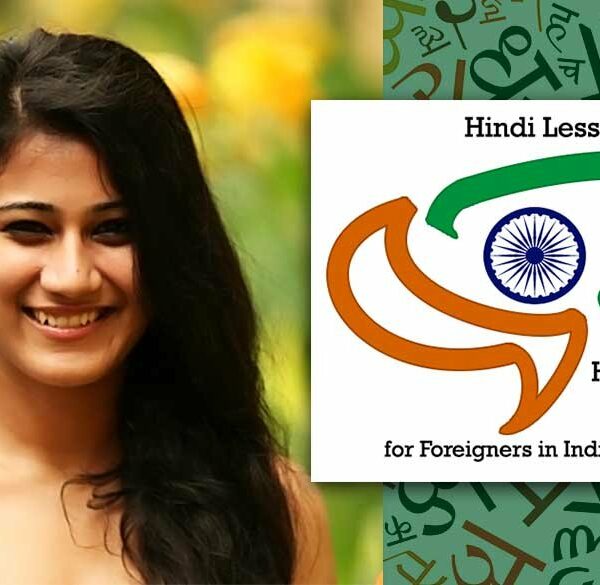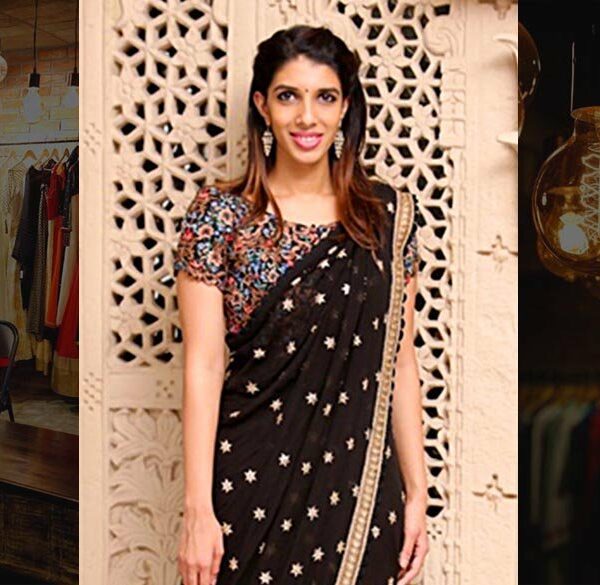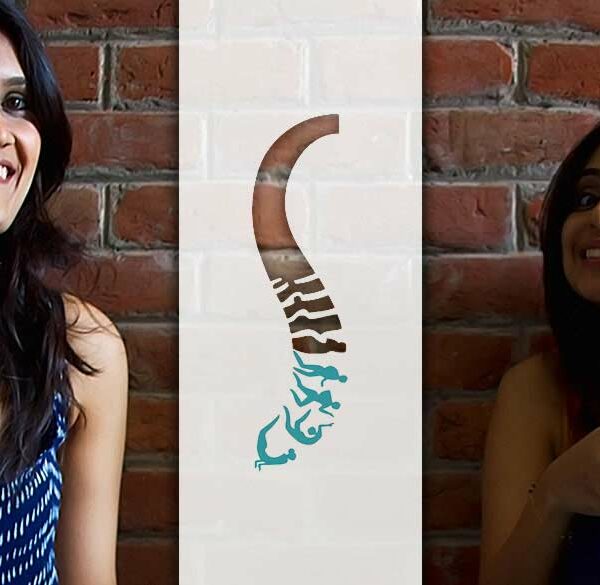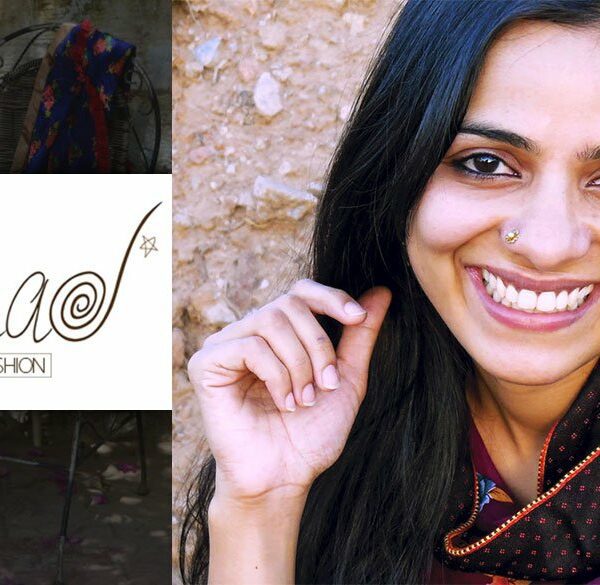He had decided to fast for his wife’s long life. It was early morning, 4 o’clock. Immediately, he applied for a sick leave. Switched off his cell-phone! Abandoned that morning glass of water. Got ready to wear his flashy and glamourous Sherwani. And later, headed for the Puja room.
Was he normal?
Obviously, that’s the first question that strikes us. Was he fasting for Karva Chauth? Or had he forgotten, was it the other way round! He was the man, the husband, the one who is prayed for. The subject. And not the object, who prays. Not a wife.
Welcome to the Indian society.
A society which, for years, has prevailed on dominating women, controlling them through rituals and non-scientific fasts! For years, women have been observing Karwa Chauth, mostly in the end of October, to pray for the long life of their husband. In case you didn’t notice, the special discounts at stores, the diamond and saree advertisements would definitely catch your attention. Every little park or community centre has its own rendition of “glamorising and modernising Karva Chauth”- from the best mehndi design competitions to best decorated thali competition to “Mrs Karva Chauth” herself!
She does not gulp down any morsel of food or even water. Towards the evening, she dresses up in bedazzling red-coloured auspicious sarees, worships the “Karva” (pot containing vermillion, bangles and ribbons) along with other females from her neighbourhood. Finally as the moon rises from behind the clouds (mystically dramatized by several Bollywood movies), she has a look at her husband from a sieve. Oh, what an auspicious sight! It is then believed that at this stage, spiritually strengthened by her fast, the woman can successfully confront and defeat death. (Don’t ask how it’s possible scientifically) The husband now takes the water from the thali and gives his wife her first sip and feeds her with the first morsel of the day.
But mind you, the ‘sacrifice’ is done by the female, the wife, and the would-be bride, whatever!
Too much drama, for too many centuries! And it still goes on. But why?
Just to show that one is a good wife? Isn’t it more necessary to be sane, balanced and functioning to take care of one’s family? Starving, just because it is customary is just too ludicrous. There are other ways to show one’s love and affection.
There are so many reasons why the myth of Karva Chauth should be busted. Not because we want women to stop loving their husbands, no! But because it’s high time Indian women are empowered and liberated from the unequal shackles of marriage.
But the most important and vital question is, why does the wife need to show the love and affection that she has for the husband through a fast? Why isn’t the other way round?
Firstly, the question is, why don’t men fast? Why is there not a single festival in Hinduism, out of so many that we have, in which men have to sacrifice food, anything, to show their love for their wives or children?
That’s exactly why feminists for long have been calling it the ‘patriarchal bullshit’. There is no Karva Chauth for men to celebrate. Men do not fast from sunrise to moonrise for the safety and longevity of their wives. Don’t they want the longevity of their wives? Don’t they love them enough?
Actually, men are not the equal partners of women; they are literally the masters of their wives in patriarchal societies. In India, not only illiterate hopeless women dependent on their husbands celebrate Karva Chauth, well educated, independent women also celebrate it.
Secondly, Karva Chauth has become a commercial process now. Like many holidays, it’s good for moving product, with special discounts and an air of romance that might bring Valentine’s Day to mind in people from other countries. Along with the festivities, there’s so much shopping to do. Well, Marx would have easily called it the ‘Capitalization of Love’ or the ‘Alienation of Love’. The mere act of adopting the endeavour to showcase one’s love takes them away from their emotion. . Consider the Swarovski crystal-studded channis, the sieve traditionally used to look at the moon before breaking the day’s fast are available in the market. Even the tools of the ritual have become opportunities for gift-giving as the newly middle class and upper middle class flex their newly thick wallets. In fact, after a certain number of years, married women confess it to be just another ritual, after all their newly-wed emotions have waned off.
Thirdly, Karva Chauth has become more like a Miss World Contest. Who has the better sari? Better thalis? Better food? Better music for the celebration? Really? Where has all the innocence and purity gone? A certain custom is being followed, just because years ago, Hindu women used to practise it when their husbands used to go off for wars. Today, it has turned into a meaningless traditional ritual that enslaves women and chains them to a myth of them being docile, meek, sacrificial tokens to pacify the angry God, who will grant longer lives to those husbands whose wives do not eat for a few hours.
Fourthly, it is also an instrument of social control. No matter how empowered a woman is, festivals like these domesticate the woman. She cannot outgrow them. They are so deeply ingrained in her mind as the reflection of ‘proper manners’ and ‘sacred devotion’ that she will never be able to question, scientifically!
Fifthly, the idea that a husband should be worshipped as a god, a lord, a master or an owner is reinforced time and again. Why should this be a case, in a century when we are fighting for equal rights and gender sensitivity?
Lastly, marriage, no doubt, is the most challenging and complex of all human relationship. Festivals like Karva Chauth further question its idea of equality, especially in the society like India. Marriage, at the end of the day, is not about parading whether one is a good husband or a wife. Rather, it is about evolving as a better human being with your partner and cherishing the journey. A fact that Karva Chauth would never ever understand! Mind you!




